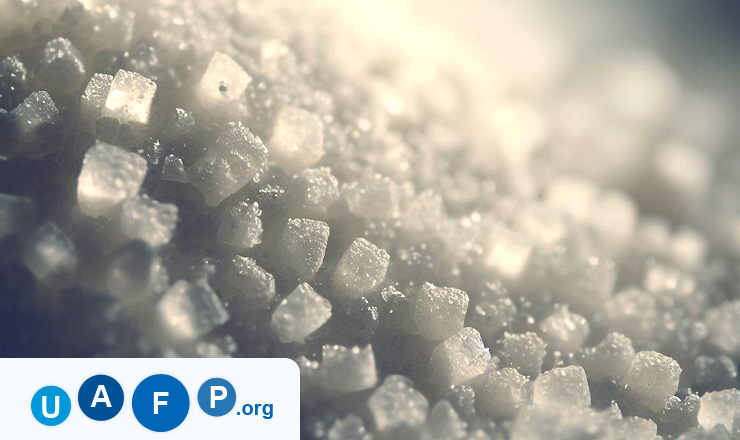How Can Aspartame Prevent Weight Loss
Going for a diet soda has the ability to hinder with losing weight, according to a study conducted recently on mice.
In the experiments, the researchers were able to find that a substance called artificial sweetener aspartame, present in certain diet drinks can trigger the “metabolic syndrome”, a condition involving several symptoms, like large waist size, high cholesterol levels, and high blood pressure. People having this syndrome may have a higher chance of developing stroke, diabetes, and heart disease.
The researchers of the new study were able to conclude that there could be a linked shared between metabolic syndrome and aspartame. Aspartame is suspected of stopping a gut enzyme from breaking fat down at the time of digestion.
Dr. Richard Hodin, professor of surgery from the Harvard Medical School and the senior study author mentioned that it is quite a novel mechanistic insight regarding the ineffectiveness of diet drinks in aiding weight loss.
The study incorporated three different experiments. In the first experiment, gut enzyme were added to solutions of regular soda and diet soda. The results showed that the actions were comparatively lower in diet soda than regular soda.

IAP or intestinal alkaline phosphatise, an enzyme, helps in breaking fatty acids and cholesterol down. Earlier studies were able to show that IAP could be linked with diabetes, metabolic syndrome, and obesity.
The second experiment focused on looking at the effects aspartame had in male mice’s small intestines. The results showed that even after 3 hours, the activity of the gut enzyme was 50 percent in the mice having aspartame solution as compared to those injected with salt water.
The last experiment focused on four groups of mice for several weeks. The mice were given plenty of food for consumption, but two of the groups were provided high-fat food and the other were given normal food. Each division among the two groups received regular water and aspartame contaminated water.
The results were able to show that the mice who were given aspartame contaminated water with high-fat food gained significant amount of weight as compared to the ones fed high-fat food with regular water.
Though, not much difference could be seen among those mice that were given aspartame-infused water with a normal diet.
In addition to the results obtained in the study, the researchers were able to derive that mice on both the diets having aspartame-infused water showed glucose intolerance in high levels as compared to the ones who consumed regular water. Glucose intolerance is a condition that occurs when the body is unable to use the glucose present in the blood stream, resulting in high levels of blood glucose, ultimately causing diabetes.
Two of the groups who were given aspartame-infused water showed signs of increased inflammation, a sign commonly seen in metabolic syndrome, according to the researchers.
The results obtained in the new study needs to be confirmed in a larger sample size, as per the researchers. Another important factor in the mice study is that the study only incorporated male mice. Therefore, it is unsure if the results could be generalized to female mice as well. Even, the application to the results to normal human popular is also not very clear.
About Aspartame
Aspartame is an artificial sweetener that is commonly used as a sugar substitute in many food and beverage products. It is a low-calorie alternative to sugar and is approximately 200 times sweeter than sucrose (table sugar). Aspartame is often found in diet sodas, sugar-free chewing gums, low-calorie desserts, and various other processed foods labeled as "sugar-free" or "diet."
Chemically, aspartame is composed of two amino acids: aspartic acid and phenylalanine. These components are naturally found in many protein-containing foods. Aspartame undergoes metabolism in the body and is broken down into its constituent amino acids, which are then used by the body for various functions.
Due to its intense sweetness, only a small amount of aspartame is needed to achieve the desired level of sweetness in food and beverages. It is a popular choice for individuals who are looking to reduce their sugar intake or manage their calorie consumption.
It's worth noting that aspartame has been the subject of some controversy and health concerns. However, numerous regulatory authorities worldwide, including the U.S. Food and Drug Administration (FDA) and the European Food Safety Authority (EFSA), have conducted extensive evaluations and deemed aspartame safe for consumption within acceptable daily intake levels for the general population. People with a rare genetic disorder called phenylketonuria (PKU) must avoid phenylalanine, one of the components of aspartame, as their bodies cannot metabolize it properly. For most people, though, aspartame can be safely consumed as part of a balanced diet.




